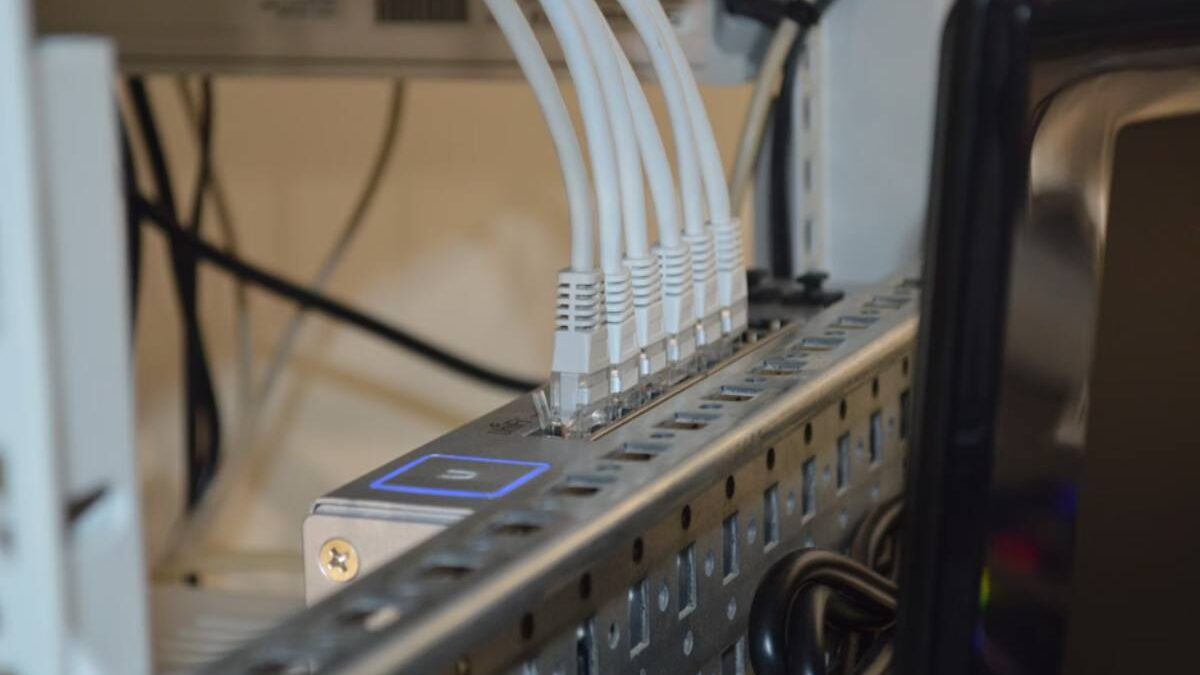Every business, regardless of size or industry, relies on a network infrastructure that stores, processes, and transmits valuable information. Data has become the lifeblood of modern commerce, connecting employees, partners, and customers across multiple platforms. Yet, with growing digital interconnectivity comes a rise in cyber threats that exploit vulnerabilities at every possible point. Cybercriminals target weak systems not only to steal information but also to disrupt operations, causing severe financial and reputational damage. Network security, therefore, is no longer a technical afterthought. It is a business imperative that demands strategic attention, executive oversight, and continuous adaptation.
Table of Contents
Regulatory Compliance and the Role of Network Security
Across industries, regulatory frameworks demand that businesses protect data from unauthorized access. Financial institutions follow stringent guidelines under frameworks such as PCI DSS, healthcare organizations operate under HIPAA, and global enterprises comply with GDPR or CCPA. Each regulation shares a common thread: accountability for the protection of information assets. A strong security posture safeguards sensitive data, meets audit expectations, and demonstrates operational responsibility. The conversation around compliance often expands into digital security comprehension with what is ZTNA, which offers a modern approach to regulating access within digital ecosystems. Zero Trust Network Access, or ZTNA, operates on the principle of continuous verification rather than implicit trust. It aligns with compliance standards by controlling who can access what, where, and when. This approach not only strengthens protection but also provides transparent audit trails, helping organizations maintain consistent records that meet legal obligations.
Strong network defenses, combined with modern access control systems, demonstrate a company’s dedication to ethical data management. Beyond avoiding fines, businesses with mature compliance structures gain credibility among clients, investors, and regulators. They create a culture of accountability that builds trust and contributes to long-term resilience.
Protecting Sensitive Data and Intellectual Property
Information is among the most valuable assets an organization holds. Trade secrets, product designs, research findings, and customer databases are often at the center of competitive advantage. Cybercriminals view these as lucrative targets, and breaches can lead to theft, manipulation, or permanent loss of information. When a company fails to protect its data, it risks losing both revenue and reputation.
Network security serves as the shield that guards this intellectual property. Encryption, intrusion detection systems, and access control mechanisms prevent unauthorized entry into corporate systems. Strong authentication methods and continuous monitoring identify irregular behavior before damage spreads. Beyond technology, data protection involves structured employee training, strict access permissions, and frequent audits.
A business that invests in protecting its information not only defends itself from external threats but also sets a precedent for reliability. Clients and partners are more likely to engage with organizations that demonstrate control over their data environments. Maintaining confidentiality, integrity, and availability of data becomes a clear indicator of professionalism and trustworthiness.
Safeguarding Business Continuity and Operations
Disruptions caused by cyberattacks can paralyze operations. From ransomware incidents that encrypt files to distributed denial-of-service (DDoS) attacks that overwhelm servers, the consequences of poor network defense extend far beyond technical inconvenience. Downtime can lead to missed revenue, lost opportunities, and damage to customer relationships.
A well-structured network security framework minimizes operational interruptions by detecting and responding to incidents swiftly. Business continuity plans rely on redundant systems, secure backups, and recovery procedures that activate when primary networks are compromised. Real-time threat monitoring allows IT teams to identify and isolate incidents before they escalate.
Building Customer Trust and Brand Reputation

Reputation takes years to build but only moments to lose. When customers share personal or financial information with a business, they expect that data to be protected. A single breach can lead to loss of trust that no marketing campaign can easily repair. News of security incidents spreads quickly, influencing public perception and customer loyalty.
Network security plays a decisive role in maintaining that trust. A transparent approach to data protection, supported by clear policies and visible safeguards, reassures customers that their information is handled responsibly. Businesses that communicate their security efforts demonstrate accountability, which can strengthen relationships even in competitive markets.
Reducing Financial Risk and Long-Term Costs
Cyber incidents carry a heavy financial burden. Expenses may include data recovery, forensic investigations, regulatory penalties, legal settlements, and loss of business opportunities. Investing in robust network security measures often proves more cost-effective than addressing the aftermath of a breach. Preventive technologies, staff training, and regular audits create layers of defense that limit vulnerabilities. Continuous monitoring detects irregular activity early, reducing the likelihood of large-scale incidents.
Prioritizing network security reflects an organization’s understanding of its responsibilities in a connected world. Strong defenses protect sensitive data, maintain operational stability, and sustain customer trust. For businesses seeking long-term success, network security must remain a cornerstone of operational and strategic decision-making.

